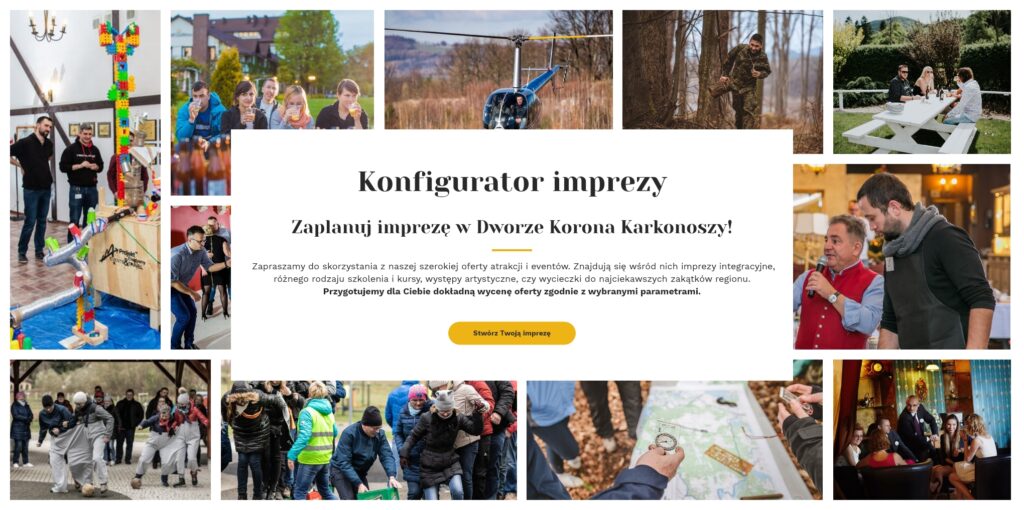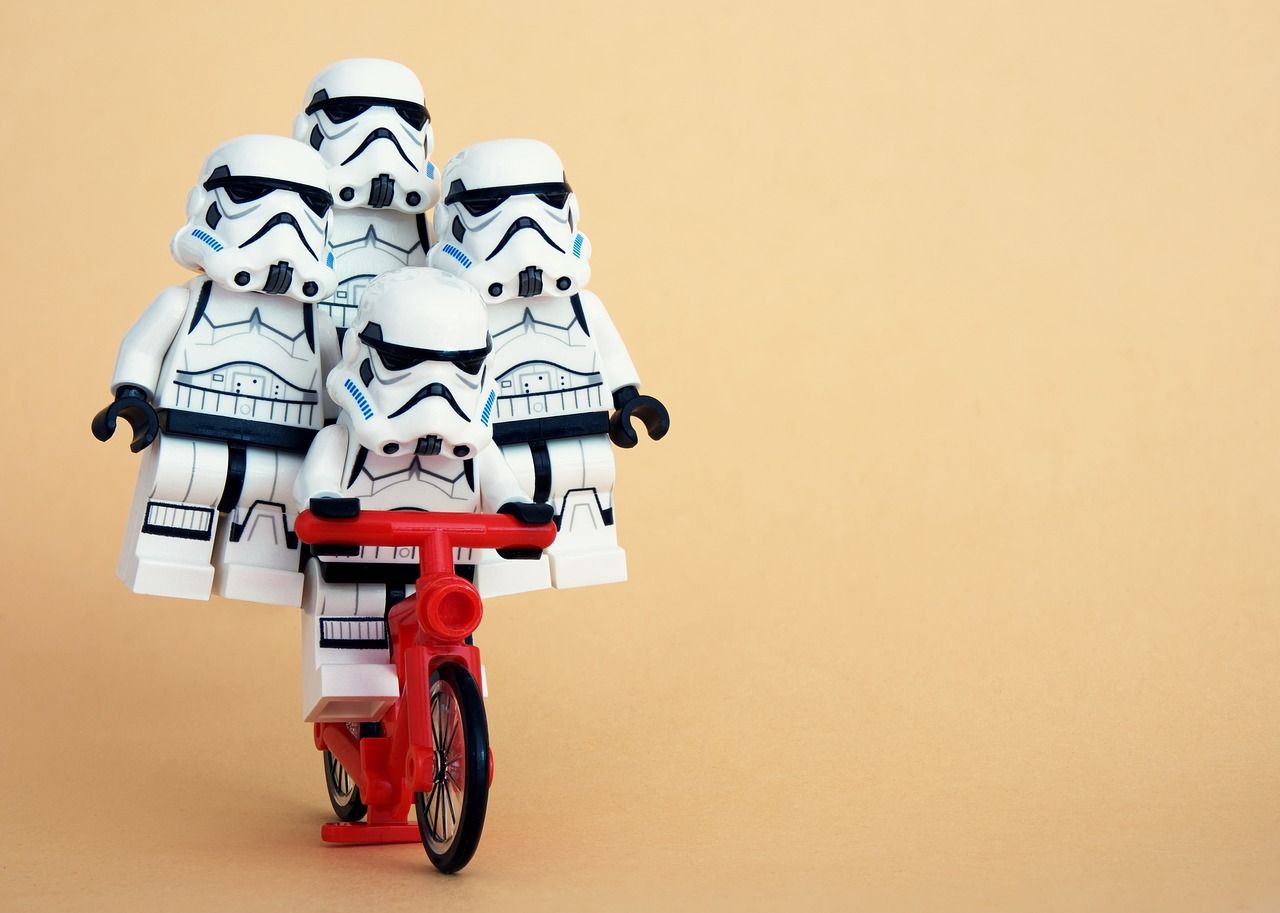Coming together is a beginning, staying together is progress, working together is success. Only the harmonious cooperation of people with different predispositions and skills enables the implementation of really difficult and complex tasks. What are the principles of teamwork? Let's check.

Teamwork is a basic element of building effective organizations. It consists in entrusting a specific group of people with activities and responsibilities that allow achieving a specific goal. It is based on cooperation and cooperation within the framework of its functions.
Teamwork principles and the team life cycle
If they want to develop effective teamwork principles, we must be aware that each team operates within a specific life cycle. It includes the following steps:
- Team formation, when individual team members are intimidated by each other and politely and enthusiastically absorb information about themselves.
- A storm in a teacup when the characteristics of individual team members are revealed and the first internal conflicts arise that require constructive management skills.
- Normalization, leading to conflict resolution, in which views are exchanged and relations are strengthened within new communication structures.
- Action, characterized by the fact that the team performs the task entrusted to it, flexibly adjusting roles and finding specific solutions to possible problems.
- Closure, which is the final stage of team development, during which the team achieves its intended goals, loosens the developed ties and plans for the future.
During each of the above stages, team members have different expectations for the functioning of the team. Therefore, the principles of teamwork may be subject to modifications. At the beginning, employees need acceptance and a sense of security and a clear division of responsibility. In the next stage, they want the opportunity to influence the organization, and finally feel the need to recognize achievements and success. These are worth celebrating. company events if organization of company tripsare the perfect reason for that. We recommend the Dwór Korona hotel Karkonosze as an ideal starting point. Stylish rooms will ensure relaxation after days full of impressions, filled to the brim with attractions.

Basic principles of teamwork
An effective team should have a leader, clearly defined goals, an established structure, defined responsibilities of individual team members, and clear rules and procedures for communication. The team's work is facilitated by sensitivity to the needs of others and openness to creative and unconventional solutions. Many people work more creatively when stimulated by others. The quality of teamwork depends on the group's ability to analyze its actions and learn from each other.
Wanting to create well-coordinated team at work, you need to remember that our primary goal is to develop cooperation based on releasing the potential and complementing the weaknesses of all team members. In each group, spontaneously or top-down, a specific hierarchy is created, resulting from the assumed roles. It is good that the principles of teamwork clearly take into account functioning within it.
For effective cooperation between team members, certain conditions must be met. These include: defining common goals and clear decision-making rules, defining the roles of people cooperating with each other, responsibility for the actions taken, using all available resources and potential of all team members, precise and efficient communication and exchange of thoughts, opinions, knowledge and experiences.

Are you looking for ideal conditions for team integration?
You are in the right place.
Principles of teamwork – pros and cons of implementation
If we want to develop effective teamwork principles, we must first of all be able to deal with potential conflicts. Hiding and ignoring the dispute is the worst response. Constructive conflict resolution leads to a compromise, i.e. a turn of events in which both parties feel they have won. If the team needs to make a specific decision and there are significant differences of opinion between its members, then the best form of resolving the conflict is multilateral negotiations. They should lead to an agreement.
Teamwork makes them complete gaps in competencies and skills of individual team members. This leads to a synergy effect, which means that the joint effort of individuals translates into greater work efficiency. The group is motivated to act, and differences of opinion result in the implementation of innovative and original ideas. The principles of teamwork are largely self-created.

At the same time, the pressure from the environment increases, which may cause the team to be dominated by one person or a subgroup who will be willing to fight for the choice of solutions that are not necessarily the right ones. Another risk of teamwork is the dispersion of responsibility for the effectiveness of a specific task. Potential conflicts also pose a threat to teamwork. They can often be destructive and destroy the effects of the actions of other team members.
To bring out the potential of teamwork, first of all, team members must be provided with honest and open communication. It is also worth clearly indicating the superiority of the group goal over the aspirations of individual individuals. Clear rules of teamwork will allow you to "keep your finger on the pulse" in this area. The group must integrate with its goal and share knowledge, information and ideas without fear. The ability to listen and learn from each other will ensure that the full potential of the team is used. And everyone will feel like a co-author of the success.
